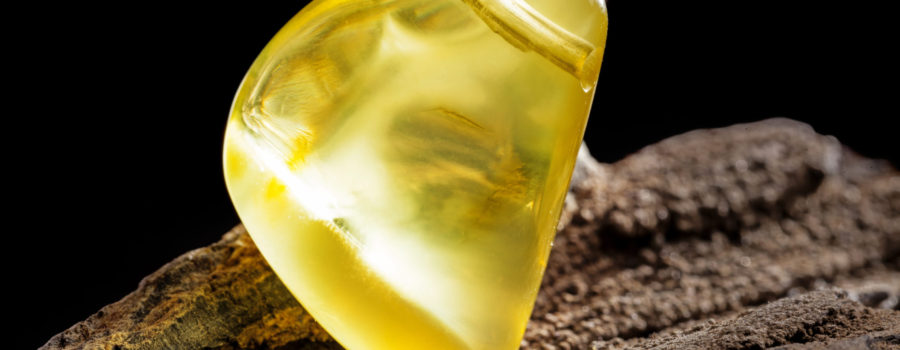The Stick of Joseph gives the account of a group led by Yered and his brother, who built sea-going vessels to travel to the promised land. Because these vessels were sealed shut, one important issue to be resolved was how to have light within the vessels when there could be neither windows nor fire.
We read in the Stick of Joseph:
And it came to pass that the brother of Yered — now the number of the vessels which had been prepared was eight — therefore the brother of Yered went forth unto the mount which they called mount Shelem because of its great height, and did molten out of a rock sixteen small stones; and they were white and clear, even as transparent glass. And he did carry them in his hands up on the top of the mount, and cried again unto YHWH, saying, O YHWH, you have said that we must be encompassed about by the floods. Now behold, O YHWH, and do not be angry with your servant because of his weakness before you, for we know that you are holy and dwell in the Heavens, and that we are unworthy before you — because of the fall, our natures have become evil continually; nevertheless, O YHWH, you have given us a mitzvah that we must call upon you, that from you we may receive according to our desires. Behold, O YHWH, you have afflicted us because of our iniquity and have driven us forth, and for these many years we have been in the wilderness; nevertheless, you have been merciful unto us. O YHWH, look upon me in pity, and turn away your anger from this your people, and allow not that they shall go forth across this raging deep in darkness, but behold these things which I have molten out of the rock. And I know, O YHWH, that you have all power and can do whatsoever you will for the benefit of man. Therefore, touch these stones, O YHWH, with your finger, and prepare them that they may shine forth in darkness, and they shall shine forth unto us in the vessels which we have prepared, that we may have light while we shall cross the sea. Behold, O YHWH, you can do this. We know that you are able to show forth great power which looks small unto the understanding of men.
And it came to pass that when the brother of Yered had said these words, behold, YHWH stretched forth his hand and touched the stones one by one with his finger. ” (‘Eter 1:11-12)
This miracle has an amazing parallel in a Jewish tradition concerning another water-going vessel—Noach’s ark—and how it was lit when it was sealed shut. In Genesis 6:16, we read the following:
A window shalt thou make to the ark, and in a cubit shalt thou finish it above; and the door of the ark shalt thou set in the side thereof; with lower, second, and third stories shalt thou make it. (Gen. 6:16 KJV)
The Hebrew word translated “window” in this verse is actually the Hebrew word Tzohar (צֹהַר), which literally means “that which shines”. We read in Genesis Rabbah to this passage:
A LIGHT (ZOHAR) SHALT THOU MAKE TO THE ARK (VI, 16). R. Hunia and R. Phinehas, R. Hanan and R. Hoshaia could not explain [the meaning of ZOHAR]; R. Abba b. Kahana and R. Levi did explain it. R. Abba b. Kahana said: It means a skylight; R. Levi said: A precious stone. (Midrash Rabbah XXXI:11 to Genesis 6:16)
Rashi (1040-1105 CE) says of this word: “Some say [that it was] a window, and some say [that it was] a precious stone, which gave them light. — [Gen. Rabbah 31:11]”
The Jewish Commentator Rabbi David Kimhi (1160?-1235? CE) writes in his commentary to this word: “Some of our Sages understand the Hebrew word to indicate a precious stone that would glow to provide light, but the instruction to ‘make’ argues against that.”
It is interesting to note that the Stick of Joseph resolves Kimhi’s objection based on the word “make” in Gen. 6:16, because in the account of the Stick of Joseph, the brother of Yered “made” the stones, in that he did “did molten out of a rock sixteen small stones; and they were white and clear, even as transparent glass” and that when they were touched by the finger of YHWH they did “shine forth in darkness.”
How is it that the Stick of Joseph echoes this Jewish tradition? How is it that the Stick of Joseph account even resolves the difficulty brought out by Kimhi? Yosef ben Yosef would not have known of this ancient tradition, and he certainly would not have known about the objection presented by Kimhi in his commentary.
The account of the vessels being lit by shining stones that the brother of Jered made is an uncanny testimony to the fact that the Stick of Joseph is an ancient Jewish text!



2 Comments
Leave your reply.